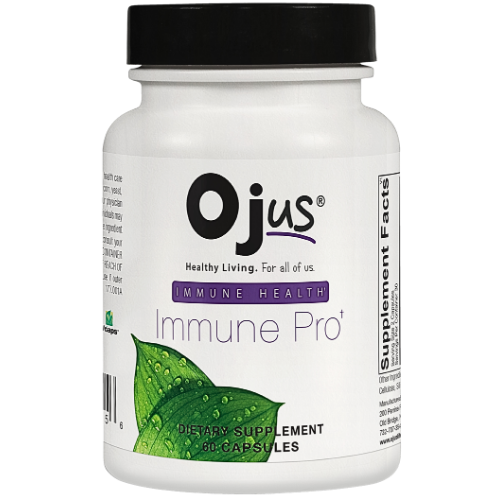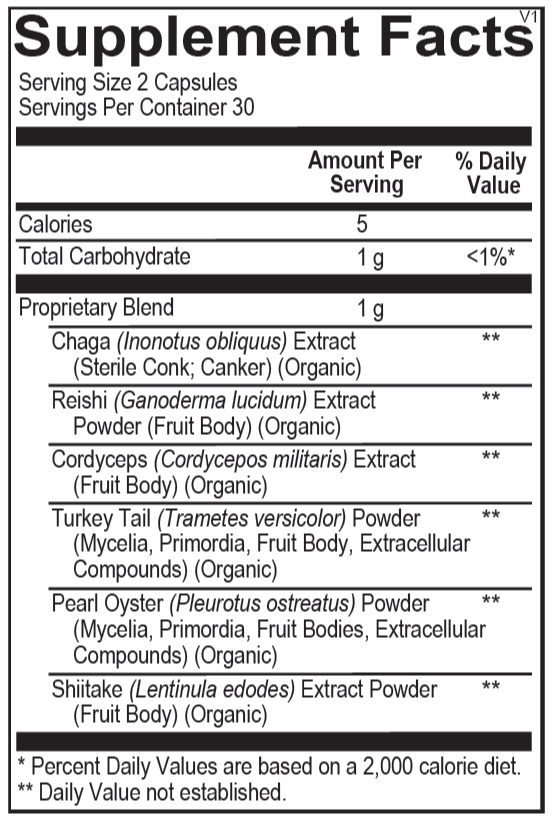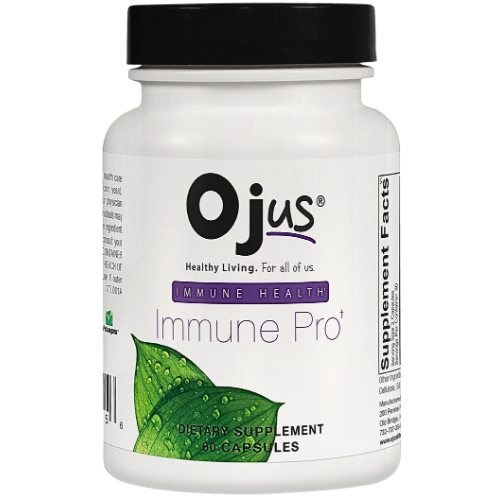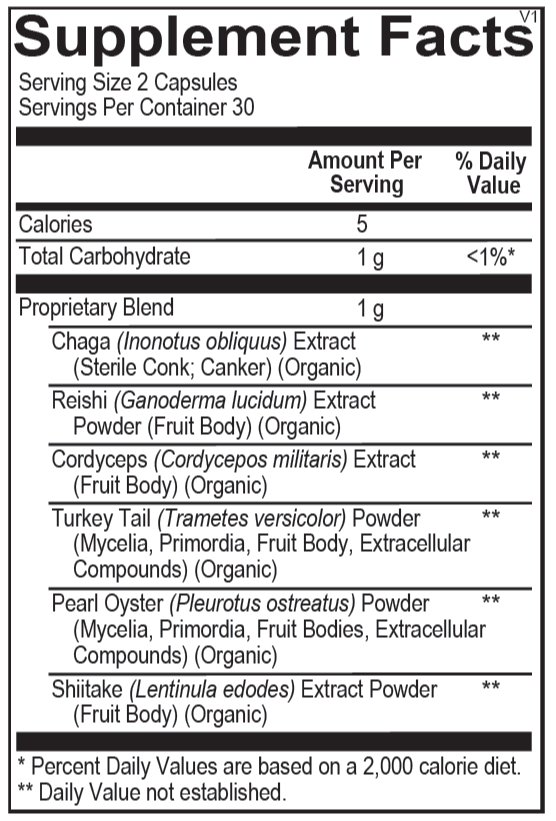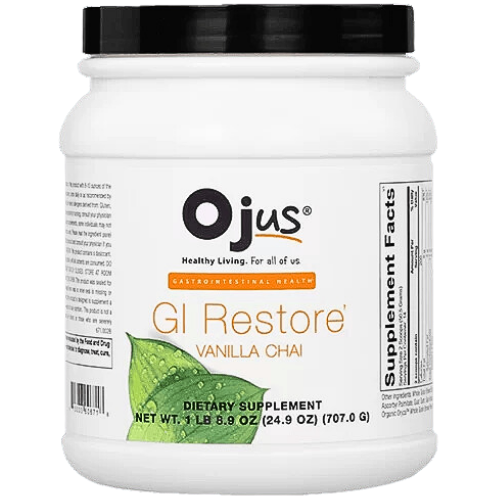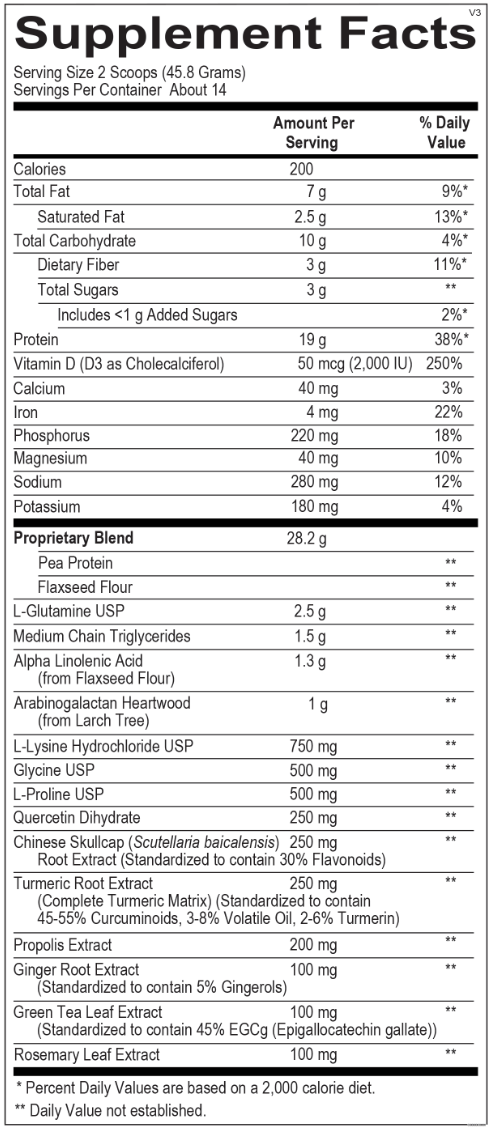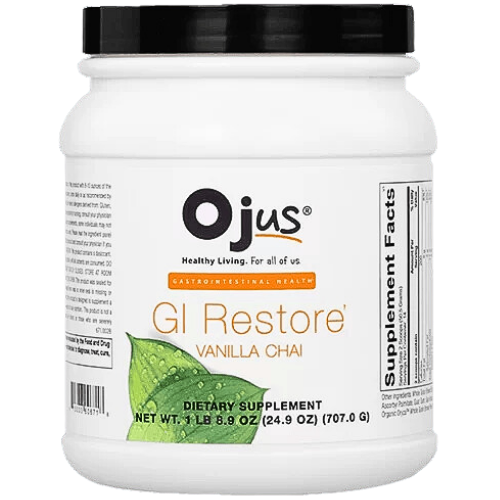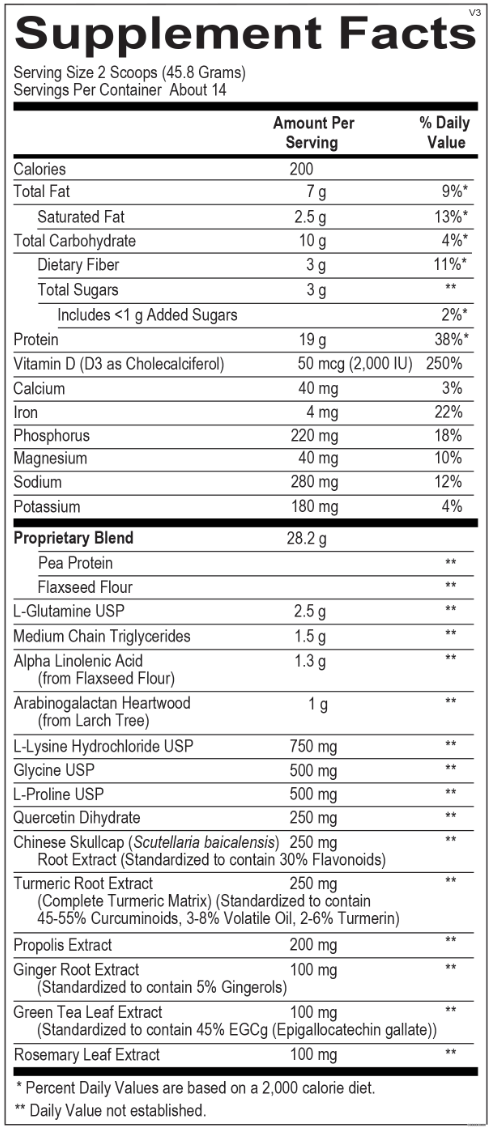
7 Silent Signs You Have Iron Deficiency
Dr Anita NischalTable of Contents
| If you are continuously feeling run-down, it may be time to enhance your intake of iron and vitamin B12. The symptoms of iron deficiency or anemia occur when your body does not have sufficient iron level. Your body demands iron to make hemoglobin, a protein in red blood cells that allows them to transmit oxygen throughout the body. |
If your body does not have sufficient hemoglobin, your tissues and muscles will not get enough oxygen to be competent to work efficiently. This leads to an ailment called anemia.
Although there are various types of anemia, iron deficiency anemia symptoms are the most common worldwide.
What is Iron Deficiency?
The iron shortage is characterized by a low degree of iron in the body. Iron is a fundamental mineral found in red meat and certain leafy foods.Iron is expected to shape myoglobin, a protein in muscle cells, and it is basic for specific catalysts that drive the compound responses in the body.
In the bone marrow, iron is utilized to make hemoglobin, the oxygen-conveying synthetic inside the platelets. On the off chance that iron levels fall excessively low, it causes iron inadequacy sickliness. At the point when this occurs, platelets become modest than typical and contain less hemoglobin.
Symptoms of low iron levels can happen in new-born children, young people, and pregnant ladies in view of the heavy requests for iron-related to fast body development. Iron deficiency is particularly basic in premenopausal ladies on account of the ordinary loss of iron with feminine periods.
7 Unusual Signs You Have Anemia
Here, check out the signs of iron deficiency anemia:
1. Rare tiredness
Feeling exhausted all the time is one of the most common symptoms of being anemic or low iron deficiency. This fatigue occurs because your body is deficient in iron. It needs to make a protein called hemoglobin, which supports oxygen throughout the body.
Without sufficient hemoglobin, a reduced amount of oxygen reaches your tissues and muscles, depriving them of energy. However, people with anemia signs and symptoms experience low energy along with weakness, feeling cranky, or having problems concentrating.
2. Paleness
The inside of the pale coloring of lower eyelids or pale skin is the common signs of iron deficiency anemia.
The hemoglobin in red blood cells provides blood its red color, so low levels during iron deficiency anemia make the blood less red. That is why skin can drop its healthy color.
This paleness can seem all over the body, or it can be constrained to one area. This comprises the:
- face
- gums
- inside the lips or lower eyelids
- nails
This is frequently one of the key things that doctors will look for as a sign of iron deficiency anemia.
3. Shortness of breath
Hemoglobin permits your red blood cells to carry oxygen in your body. When hemoglobin levels are down during iron deficiency, oxygen levels will also be at a low level. This implies your muscles will not obtain enough oxygen to do routine activities, such as walking.
Consequently, your breathing rate will increase as your body attempts to get more oxygen. Therefore, shortness of breath is a familiar symptom.
4. Headaches and dizziness
Headaches are one of the major symptoms of being anemic. This symptom seems to be less common than others and often arises with light-headedness or dizziness.
Headaches may happen because of low levels of hemoglobin in red blood cells which leads to insufficient supply of oxygen affecting the brain. As a cause, blood vessels in the brain may swell, affecting pressure and headaches.
5. Dry and damaged hair & skin
The damaged skin and hair can be signs of iron deficiency anemia. Iron deficiency lowers the level of hemoglobin in the blood, which may decrease the amount of oxygen accessible to cells that cause hair growth. Thus, skin and hair are deprived of oxygen, which leads to dryness and weakness of the same.
It is entirely natural for some hair to fall out during everyday washing and brushing. If you are losing clumps or much more than usual, though, it may be a sign of anemia.
6. Frequent infections
Iron plays an essential role in a healthy immune system, so reducing levels of the mineral can make you more vulnerable to infections. Red blood cells assist in transporting oxygen to the spleen, which is one place where infections can be battled off.
Red blood cells also transmit oxygen to the lymph nodes, which house infection-fighting white blood cells. During iron deficiency, the white blood cells are not being created as well, and they are not as solid because of enough oxygen, making you more prone to infections and diseases.
Also Read: Immune System Booster Foods & Vitamins
7. Pica: Symptom of low iron levels
Pica is a condition in which people may cultivate cravings for non-food substances, such as clay, chalk, dirt, or paper which could be a sign of iron deficiency. It can also happen during pregnancy.
However, succumbing to your cravings and eating these elements could be detrimental, as it may start to the ingestion of harmful toxins and substances. Also, eating clay, chalk, and dirt can really interfere with the absorption of iron.
Apart from these, there are other vital iron deficiency anemia symptoms, which are:
- Swollen tongue- Changes to the tongue, like soreness, swelling, or cracks on the side of the mouth are the symptoms of being anemic.
- Restless Legs Syndrome- The restless legs syndrome, a disorder that affects you to have a strong urge to move your legs with a crawling sensation in the legs that may lead to difficulty in sleeping.
- Feeling depressed- Depression in adults and pregnant women may also be considered as anemia signs and symptoms.
- Cold hands and feet- Iron deficiency means that less oxygen is being supplied to the hands and feet, which makes cold hands and feet.
What causes low Iron?
Iron deficiency can occur due to various reasons like:
- An inadequate nutrition
- Poor absorption of iron stemming from the surgical removal of part or all the stomach or intestine
- Inflammatory bowel disease
- An intestinal disorder called celiac psilosis
Best Supplement for Anemia
It is advisable to take an iron supplement if you are iron deficient or are at risk for iron deficiency anemia and cannot meet your wants through diet alone.
The best iron supplements are formulated by OjusLife. The main purpose of our iron supplementation is to treat your anemia signs and symptoms by boosting the levels of iron and hemoglobin in your body. Our Iron supplement formula is all-natural and does not cause constipation like most iron supplements. We advise taking it with our Vitamin C for enhanced results.
Read More: Benefits of Taking Vitamin C & Iron Together
More Recommendations
The most common iron deficiency anemia symptoms are sleepiness, pale skin, feeling winded, and dry & harmed hair and skin.
Most types of iron deficiency anemia symptoms can be dealt with normally through an iron-rich eating regimen or iron supplements.
The causes of low iron in women may be due to painful periods or early menopause. During pregnancy, women can experience symptoms of low iron levels.
The first symptoms of being anemic are excessive fatigue, pale skin, chest pain, headaches, dizziness, inflammation, cold hands & feet, brittle nails, and anxiety or depression.
The inside of the lower eyelids is pale in case of anemic and white eyelids in normal people.
Iron is found in the red blood cells of the hemoglobin, which is crucial for transferring oxygen into your body.
The main causes of iron deficiency anemia symptoms in men are enhanced requirements, muscle building or boosted blood volume, reduced intake, or illness.
Iron supplement formulated by OjusLife is one of the best vitamins to combat the symptoms of being anemic.


